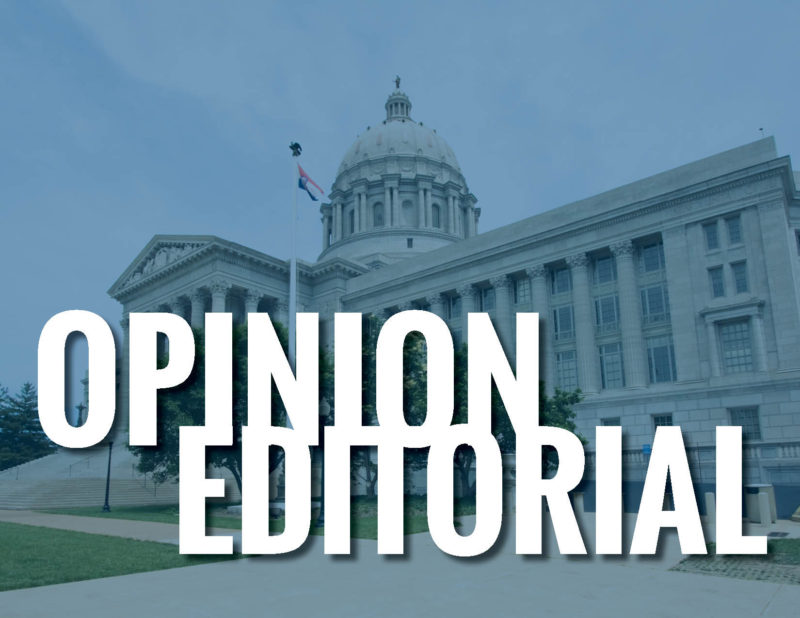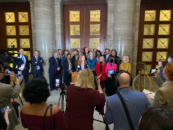The COVID-19 pandemic has highlighted the intersection of public health, the Missouri economy, and the overall well-being of our state in an unprecedented fashion. It has caused us to think more deeply about health care for our families and the communities where we work and live.
Since the company was conceived at a Kansas City-area picnic table, Cerner has championed the idea that our technology solutions can help build a first-time ‘system’ for health care. Cerner associates aren’t just creating software and delivering services — we build solutions that eliminate medical error, care variance, and unnecessary waste. This larger vision built a company that today has 13,000 associates in the Kansas City area alone.
At Cerner, we consider ourselves fortunate to be serving millions of global health care professionals who must deal with their own health and safety issues while providing care to their patients. We’ve all seen the extraordinary dedication and heroism particularly over the past few months and owe them our most sincere gratitude. The pandemic has showcased the very best in frontline caregivers but also has exposed gaps in U.S. health care that complicate access to care and adversely impact the cost of care. The lack of insurance for low-income individuals and families is an example of these gaps and limits a person to get the right care at the right time at the right place.
The passage of Amendment Two on Aug. 4 is an important step that can remedy this issue.
Today, the Medicaid program, MO HealthNet, covers 1 in 11 Missourians. Amendment Two would expand Medicaid eligibility to adults between the ages of 19 and 65 whose income is up to 133 percent of the Federal Poverty Line. For an individual, it means coverage up to $16,971 in annual income. For a family of four, it means coverage up to $34, 846. In total, Medicaid expansion would provide health insurance to approximately 230,000 low-income, uninsured people across the state.
This expanded coverage will bring real value. For our community well-being, this broader coverage offers an important safety net for low-income Missourians. At a recent Cerner Health Equity and Determinants of Health Collaborative, more than 50 health care organizations gathered virtually to discuss critical health equity gaps in areas such as food, housing, and transportation. These organizations are also working on solutions to key health and care disparities that too often impact racial and ethnic groups in the urban core and challenge rural communities where transportation and healthy food choices can be equally limited.
For our public health and health system infrastructure, these increased dollars will ensure health systems can continue to provide care in the communities they serve. It is particularly vital for rural hospitals that are even more vulnerable to the economic impact of canceled medical procedures related to COVID-19. According to the Bureau of Labor Statistics (BLS), health care and social assistance is the largest employment sector in the state. The essential services these organizations provide are critical to the ongoing economic vitality of our local economies in both emergent and non-emergent times alike. Health care providers are critical infrastructure.
The passage of Amendment Two will bring with it a chance for new health policy. We need to build a system of health and care in every Missouri community. It requires a health care financing model that encourages the management of the health status of a population. Health care organizations that keep Missourians healthy should be rewarded and the communities where they operate should economically thrive.
The late management consultant and educator, Peter Drucker, once rightly said, “Management is doing things right. Leadership is doing the right things.” Medicaid expansion is the right thing for Missouri.
EDITOR’S NOTE: For up-to-date information on coronavirus, check with the CDC and DHSS.

Brent Shafer is the chairman and CEO of Cerner.









